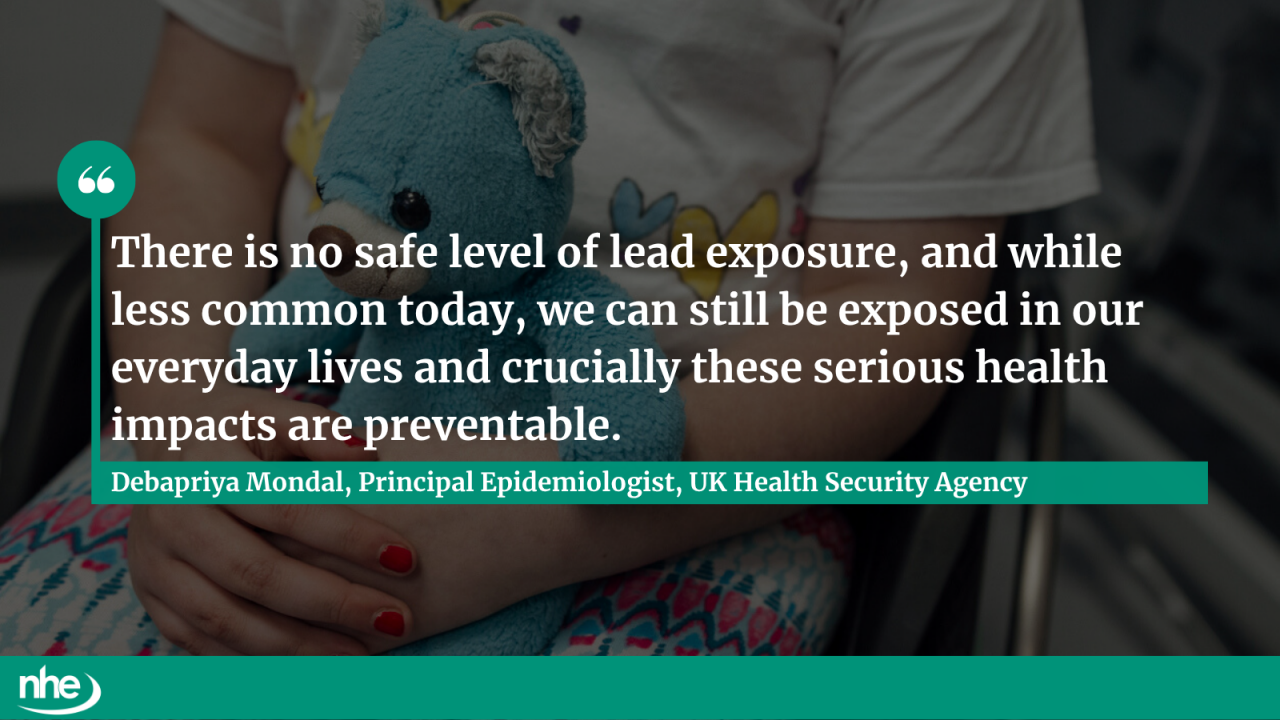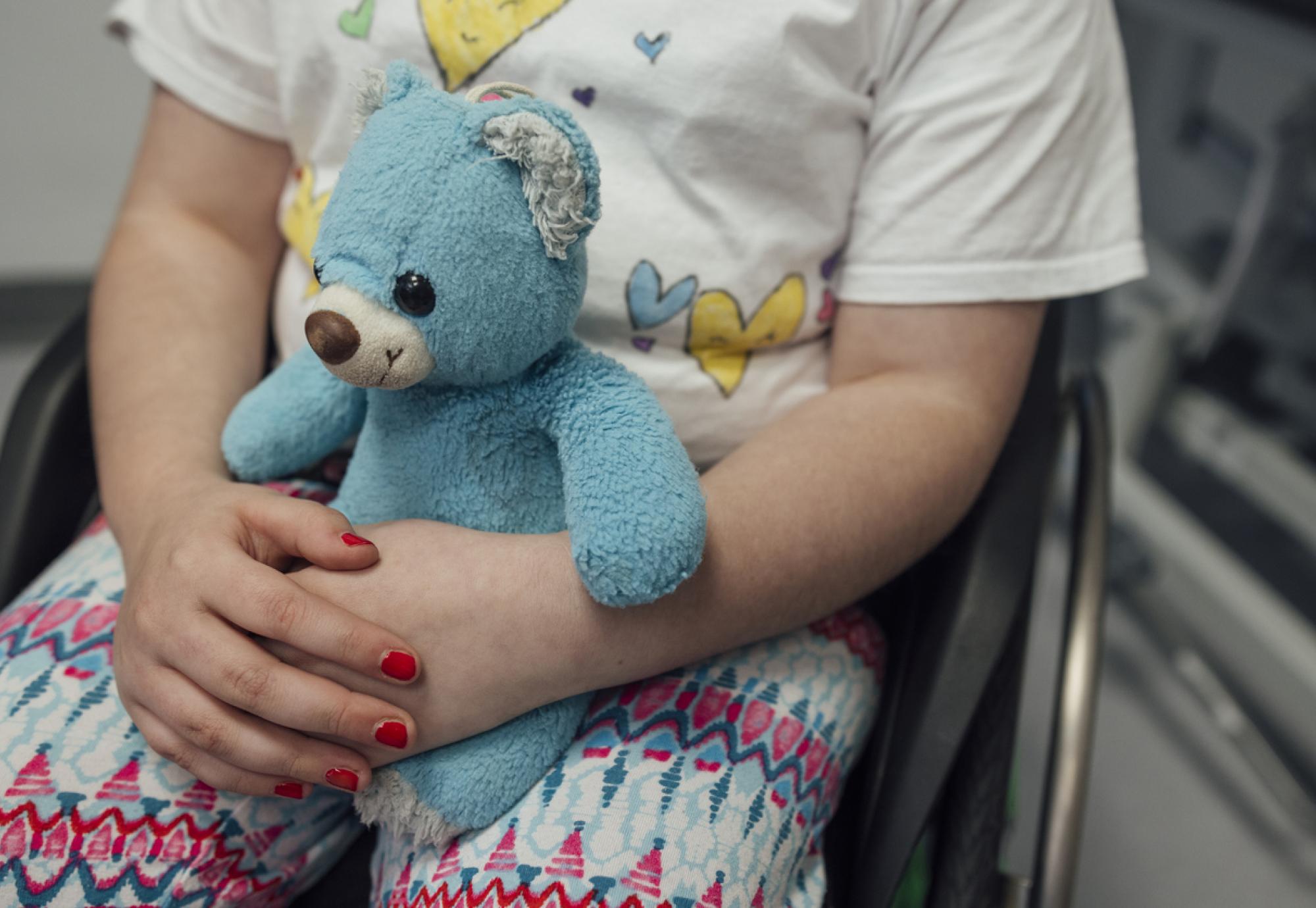A pioneering study to screen children for lead exposure has been launched in Leeds, aiming to transform how the UK monitors and responds to this hidden health risk.
The Elevated Childhood Lead Interagency Prevalence Study (ECLIPS), funded by UK Research and Innovation, brings together experts in environmental science, health, epidemiology, and economics. Using an innovative home-testing approach, the study could revolutionise national screening for lead and other pollutants.
Around 150,000 households in Leeds will receive letters inviting them to participate. Researchers aim to recruit 500 families with children aged one to six, who will use finger-prick blood sampling kits at home, alongside providing soil and house dust samples and survey data to identify potential sources of exposure.
Lead exposure poses serious risks to children, including damage to the nervous system, delayed growth, hearing loss, and long-term developmental issues. Data from the UK Health Security Agency (UKHSA) shows that cases are most common among young males aged one to four, particularly in deprived areas and older housing. Contaminated soil and paint are the main sources, with 82% of affected children displaying pica behaviour and 69% experiencing learning difficulties.
The UK Health Security Agency’s Principal Epidemiologist, Debapriya Mondal, commented:
“There is no safe level of lead exposure, and while less common today, we can still be exposed in our everyday lives and crucially these serious health impacts are preventable.
“Detection in children often relies on blood tests ordered by physicians only when there is a high clinical suspicion of lead poisoning, meaning that cases with no obvious symptoms are missed.
“This study, even though only carried out in one area, will tell us if this screening method can be widely used to determine the prevalence levels across the United Kingdom.”

Leeds was chosen as the pilot site because Yorkshire and the Humber has reported the highest number of childhood lead poisoning cases over the past decade, largely due to increased local testing and awareness. Researchers believe similar cases exist elsewhere in the UK but remain undetected.
If successful, ECLIPS could pave the way for a national screening programme and be adapted to monitor other pollutants and diseases, offering a breakthrough in public health surveillance.
Image credit: iStock



















